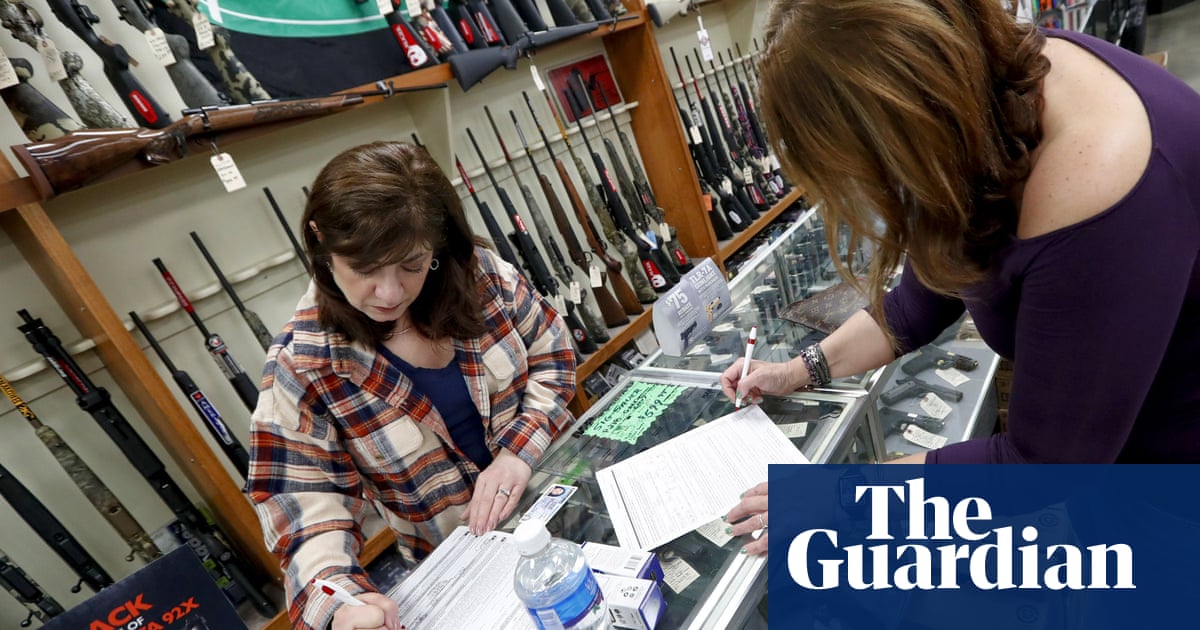California’s department of justice can resume its practice of providing gun owners’ personal information to researchers, a state appellate court ruled on Friday.
The ruling comes after a seven-year back-and-forth between the state’s justice department, its legislature and gun violence researchers over sales record data that includes purchasers’ names, addresses and occupations and the type of firearm purchased.
The data sets, researchers say, are key to understanding the dynamics of gun violence in the US.
Since 1989, California’s department of justice has given researchers at the University of California, Davis and elsewhere data that can be used to analyze risk factors for criminal activity perpetrated with guns.
In 2016, the state legislature directed the University of California system to establish and administer a dedicated research center for firearms violence at UC Davis, and required the justice department to provide any data that would aid in the center’s work.
The next year, the then California attorney general, Xavier Becerra, stopped giving the data to researchers, and in 2021 announced a potential rule change that would restrict data to exclude information that could identify gun owners.
In response, the California governor, Gavin Newsom, signed a law – Assembly Bill 173 – requiring the state’s justice department to share identifying information of more than 4 million gun owners in California with qualified research institutions at their request. Under the law, researchers can use the information and make their findings public, but can’t release any identifying information of gun owners.
The law was met with lawsuits from gun owners and law centers who argued that the disclosure of such information violates privacy rights. A San Diego county superior court judge, Katherine Bacal, ruled to temporarily block the law in October 2022.
On 17 November, a three-judge panel of the California court of appeals for the fourth district found that the lower court failed to consider the state’s interest in studying and preventing gun violence in its analysis before halting the law. In the opinion, associate justice Julia C Kelety sent the case back to the lower court and said the preliminary injunction must be reversed.
after newsletter promotion
The ruling comes as gun violence researchers are making up for time lost in gun violence research. Between 1996 and 2018, the US Centers for Disease Control and Prevention, which once funded gun violence research, were prevented from funding gun violence research due to a 1996 budget provision known as the Dickey Amendment, which disallowed the CDC from using any of it funds on research that could promote gun control.
Over the next two decades, federal spending on research into gun violence plummeted by 96% and the number of publications about gun violence declined by 64%, according to a 2017 study in the Journal of the American Medical Association.
The federal disinvestment makes gun violence research on the state level all the more important, researchers say. “The court’s decision is an important victory for science,” said Garen Wintemute, who heads the California firearm violence research center at UC Davis, in a Monday statement. “For more than 30 years, researchers at UC Davis and elsewhere have used the data in question to conduct vital research that simply couldn’t be done anywhere else. We’re glad to be able to return to that important work.”
